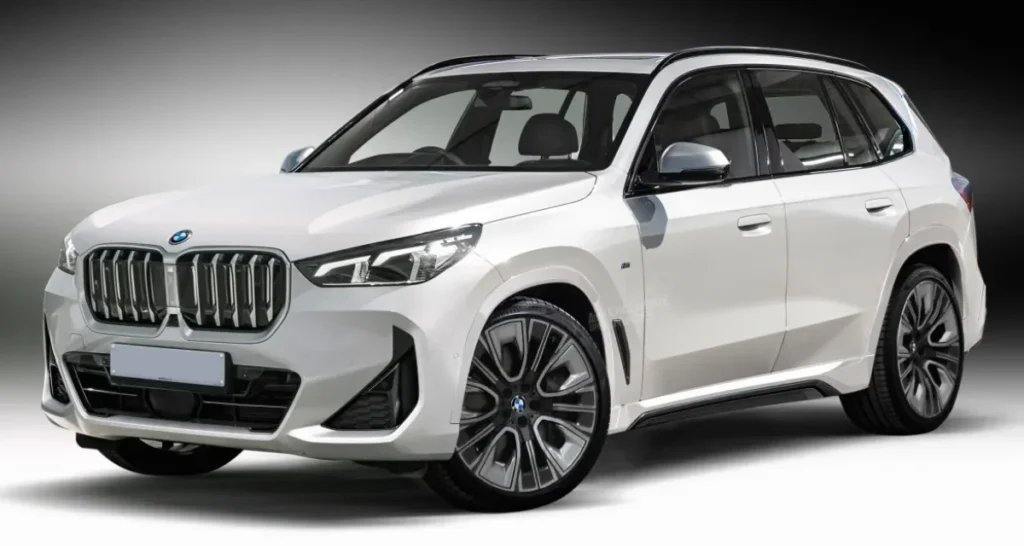[ad_1]
When Elon Musk first set up a Tesla factory in China, he seemed to have the upper hand.
He gained access to top leaders and ensured policy changes that benefited Tesla. After clashing with US regulators over labor conditions at his California plant, he accustomed workers to longer working hours and less protection. The Shanghai factory helped make Tesla the world's most valuable car company and Mr Musk ultrarich.
But Tesla is now struggling. Mr Musk helped create his own competition to Chinese EV makers, who are taking market share and becoming a safety concern for the United States and Europe.
Tesla benefited from Chinese policy that helped shape it.
In California, where Tesla launched its first car in 2008, the company benefits from an emissions mandate that allows it to sell billions of dollars worth of credits to automakers that can't meet pollution targets.
As Mr Musk turned to China, his lobbyists encouraged leaders there to adopt a similar policy. Emails and other documents we obtained show he worked through California environmentalists with the intention of cleaning up China's air.
Beijing adopted the policy in 2017, which was also being promoted by groups unaffiliated with Tesla. According to market analysis company CRU Group, after Tesla opened its Shanghai factory in 2020, the company earned hundreds of millions of dollars in credit through the policy. ,
Mr Musk's fortune is linked to Tesla's Shanghai factory.
The Shanghai factory has replaced Tesla's plant in Fremont, California, as its largest and most productive plant, accounting for more than half of the company's global deliveries and the bulk of its profits.
As the plant took shape in less than a year, Mr. Musk worked closely with Li Qiang, a city official who is now China's prime minister. Under Mr. Li's supervision, state-run banks offered Tesla low-interest loans, a deal so generous that a senior auto executive recalled a minister objecting to it.
China also changed ownership rules to allow Tesla to be established without a local partner, a first for a foreign auto company in China.
Mr Musk saves production and labor costs in Shanghai and could not easily pull himself out if he wanted to. Because the billionaire's wealth is tied up in Tesla stock, his personal fortune now depends on what happens in China.
Tesla's growth in China has left Mr Musk at odds with Beijing.
Mr Musk’s reliance on the Shanghai factory could give Beijing an edge over him.
That's a concern because Mr Musk's other company, SpaceX, has sensitive Pentagon contracts and controls much of the world's satellite internet through its Starlink network.
Mr Musk has said that his companies should not be merged. But he has also praised Chinese leaders and sided with China in geopolitical disputes, even as he has spoken out against politicians in the United States.
In an online conversation with two members of Congress in July, he described himself as “kind of pro-China.”
China offered to avoid labor issues.
Mr Musk, who has insisted that American workers are lazy, demanded intensity at Tesla's Fremont factory, sometimes sleeping on the factory floor himself.
In Shanghai, Mr. Musk could avoid American regulators and labor organizers.
We spoke to Chinese factory workers who said they were asked to work six consecutive 12-hour shifts during the city's 2022 coronavirus lockdown.
Some people slept on factory floors, as Mr. Musk did in Fremont. He said they could choose not to work, but could choose to take a pay cut.
When a worker was crushed to death by machinery last year, a government report citing safety lapses went offline.
Tesla promotes EV development in China.
Chinese leaders wanted the Tesla plant to rapidly advance China's EV sector. Exactly the same thing happened.
In Shanghai, Tesla began using locally made batteries and parts, in some cases helping suppliers develop technology that it sold to Chinese EV makers. Tesla also trained a generation of geniuses.
Now Europe and the United States are trying to catch up. French Finance Minister Bruno Le Maire says that China has a lead of five to seven years over Europe.
And Tesla itself is increasingly vulnerable. Its Chinese rival BYD overtook it in worldwide sales late last year. Without trade barriers, Mr. Musk warned in January, BYD and others “would pretty much collapse most of the other car companies in the world.”
[ad_2]




